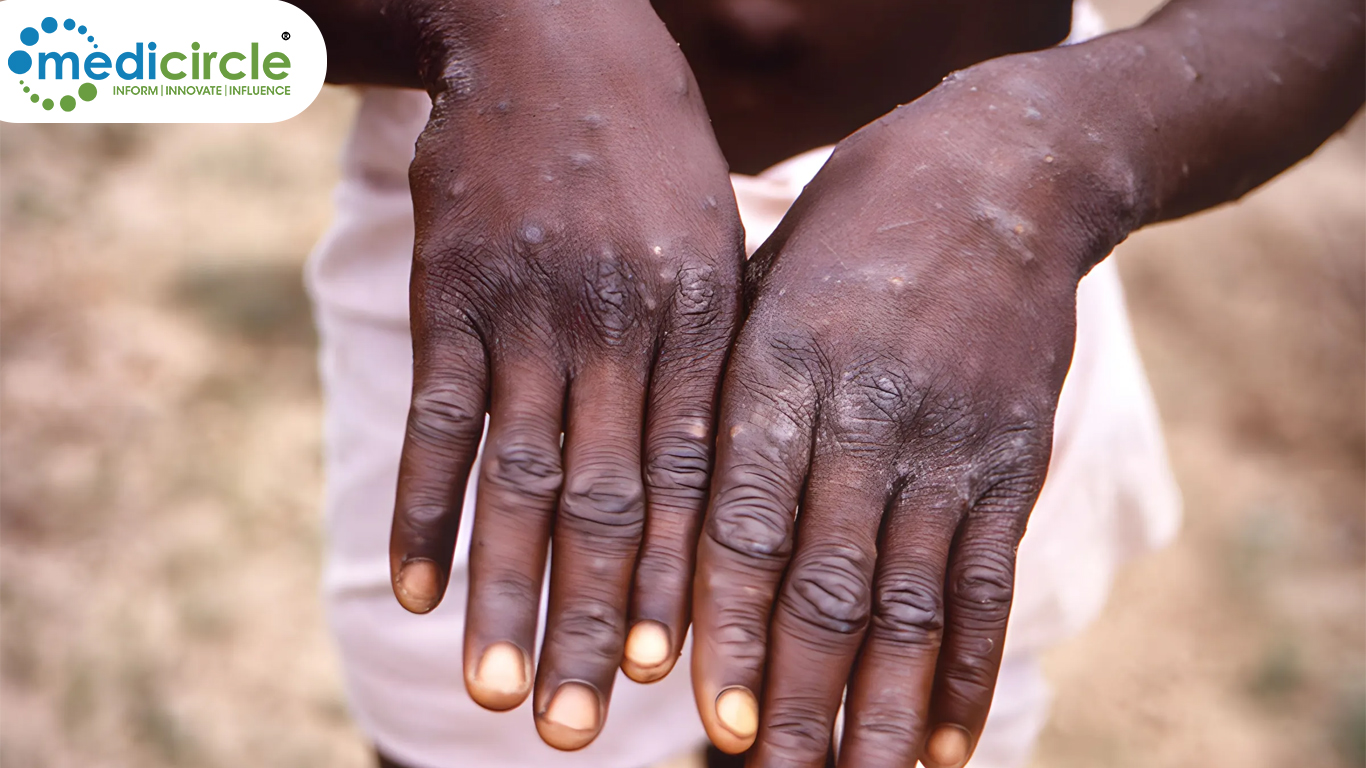Intra-Cellular Therapies, Inc., a biopharmaceutical company focused on the development and commercialization of therapeutics for central nervous system (CNS) disorders, announced that it has recently submitted supplemental New Drug Applications (sNDAs) to the U.S. Food and Drug Administration (FDA) for two indications for CAPLYTA (lumateperone): 1) as monotherapy; and 2) as adjunctive therapy with lithium or valproate for the treatment of depressive episodes associated with bipolar I or II disorder (bipolar depression) in adults. If approved, CAPLYTA would be the first therapy indicated for the treatment of depressive episodes associated with bipolar I or II disorder both as monotherapy and as adjunctive therapy in adults. The Company anticipates an FDA target action date for the sNDAs in the second half of 2021.
Two positive Phase 3 global placebo-controlled bipolar depression studies, Study 402 and Study 404, form the basis of the sNDAs. In these trials, lumateperone 42 mg demonstrated a favourable tolerability and safety profile, consistent with findings in all of the Company’s previous studies in schizophrenia. The most commonly reported adverse events (defined as a rate greater than or equal to 5% and at least twice the rate of placebo) were somnolence, dizziness and nausea. Importantly, the rates of akathisia, restlessness and extrapyramidal symptoms were low and similar to placebo.
Results from Study 404 have been presented at scientific conferences. Results from Study 402 will be presented at the American Psychiatric Association annual meeting in May of this year.
“Bipolar I and II disorders are severe mental health conditions that affect approximately 11 million adults in the U.S. and there remain a significant need for more treatment options,” said Dr Sharon Mates, Chairman and CEO of Intra-Cellular Therapies. “We believe CAPLYTA has the potential to be an important option for patients in the treatment of bipolar depression. We look forward to bringing CAPLYTA to market, if approved, for the treatment of bipolar depression.”

 CAPLYTA (lumateperone)is indicated for the treatment of Bipolar Depression
CAPLYTA (lumateperone)is indicated for the treatment of Bipolar Depression







.png)

.png)










.jpeg)

.jpeg)










.jpg)




.jpg)

